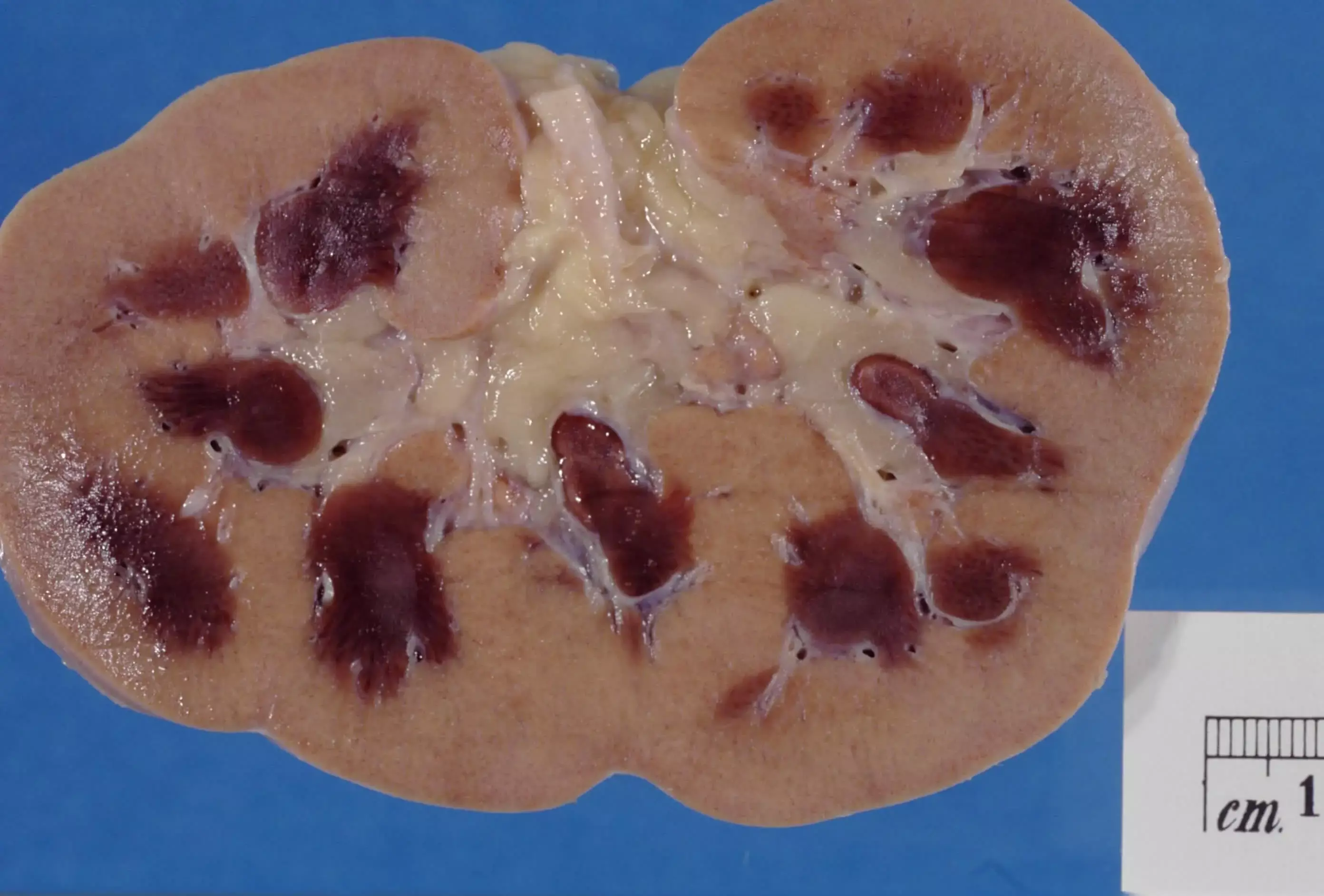- Home
- Medical news & Guidelines
- Anesthesiology
- Cardiology and CTVS
- Critical Care
- Dentistry
- Dermatology
- Diabetes and Endocrinology
- ENT
- Gastroenterology
- Medicine
- Nephrology
- Neurology
- Obstretics-Gynaecology
- Oncology
- Ophthalmology
- Orthopaedics
- Pediatrics-Neonatology
- Psychiatry
- Pulmonology
- Radiology
- Surgery
- Urology
- Laboratory Medicine
- Diet
- Nursing
- Paramedical
- Physiotherapy
- Health news
- Fact Check
- Bone Health Fact Check
- Brain Health Fact Check
- Cancer Related Fact Check
- Child Care Fact Check
- Dental and oral health fact check
- Diabetes and metabolic health fact check
- Diet and Nutrition Fact Check
- Eye and ENT Care Fact Check
- Fitness fact check
- Gut health fact check
- Heart health fact check
- Kidney health fact check
- Medical education fact check
- Men's health fact check
- Respiratory fact check
- Skin and hair care fact check
- Vaccine and Immunization fact check
- Women's health fact check
- AYUSH
- State News
- Andaman and Nicobar Islands
- Andhra Pradesh
- Arunachal Pradesh
- Assam
- Bihar
- Chandigarh
- Chattisgarh
- Dadra and Nagar Haveli
- Daman and Diu
- Delhi
- Goa
- Gujarat
- Haryana
- Himachal Pradesh
- Jammu & Kashmir
- Jharkhand
- Karnataka
- Kerala
- Ladakh
- Lakshadweep
- Madhya Pradesh
- Maharashtra
- Manipur
- Meghalaya
- Mizoram
- Nagaland
- Odisha
- Puducherry
- Punjab
- Rajasthan
- Sikkim
- Tamil Nadu
- Telangana
- Tripura
- Uttar Pradesh
- Uttrakhand
- West Bengal
- Medical Education
- Industry
PPI use not significant risk factor for post-hospitalization AKI and progression of kidney disease

PPI use after the index hospitalization was not a significant risk factor for post-hospitalization AKI and progression of kidney diseases suggests a new study published in the BMC nephrology.
Proton Pump Inhibitors (PPI) are among the most commonly used drugs to treat acid-related gastrointestinal disorders in the USA. Although PPI use has been linked to acute interstitial nephritis, the side effects of post-hospitalization acute kidney injury (AKI) and the progression of kidney disease still are controversial. We conducted a matched cohort study to examine the associations between PPI use and the side effects, especially in post-hospitalization AKI.
Researchers investigated 340 participants from the multicenter, prospective, matched-cohort ASSESS-AKI study, which enrolled participants from December 2009 to February 2015. After the baseline index hospitalization, follow-up visits were conducted every six months, and included a collection of self-reported PPI use by participants. Post-hospitalization AKI was defined as the percentage increase from the nadir to peak inpatient SCr value was ≥ 50% and/or absolute increase ≥ 0.3 mg/dL in peak inpatient serum creatinine compared with baseline outpatient serum creatinine. We applied a zero-inflated negative binomial regression model to test the relationship between PPI use and post-hospitalization AKI. Stratified Cox proportional hazards regression models also were conducted to examine the association between PPI use and the risk of progression of kidney disease.
Results
After controlling for demographic variables, baseline co-morbidities and drug use histories, there was no statistically significant association between PPI use and risk of post-hospitalization AKI Stratified by AKI status at baseline, no significant relationships were confirmed between PPI use and the risk of recurrent AKI or incidence of AKI Similar non-significant results also were observed in the association between PPI use and the risk of progression of kidney diseases
PPI use after the index hospitalization was not a significant risk factor for post-hospitalization AKI and progression of kidney diseases, regardless of the AKI status of participants at baseline.
Reference:
Zhang, Y., Ghahramani, N., Razjouyan, H. et al. The association between proton pump inhibitor use and post-hospitalization acute kidney injury risk: a multicenter prospective matched cohort study. BMC Nephrol 24, 150 (2023). https://doi.org/10.1186/s12882-023-03211-4
Dr. Shravani Dali has completed her BDS from Pravara institute of medical sciences, loni. Following which she extensively worked in the healthcare sector for 2+ years. She has been actively involved in writing blogs in field of health and wellness. Currently she is pursuing her Masters of public health-health administration from Tata institute of social sciences. She can be contacted at editorial@medicaldialogues.in.
Dr Kamal Kant Kohli-MBBS, DTCD- a chest specialist with more than 30 years of practice and a flair for writing clinical articles, Dr Kamal Kant Kohli joined Medical Dialogues as a Chief Editor of Medical News. Besides writing articles, as an editor, he proofreads and verifies all the medical content published on Medical Dialogues including those coming from journals, studies,medical conferences,guidelines etc. Email: drkohli@medicaldialogues.in. Contact no. 011-43720751


